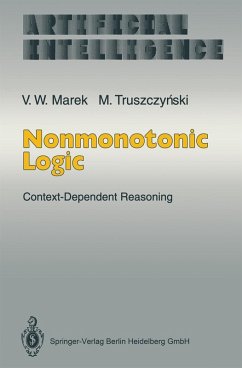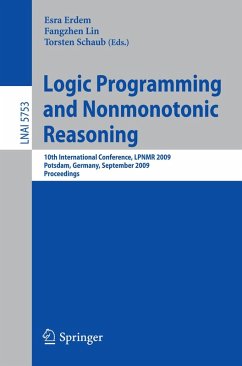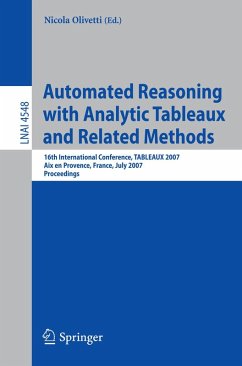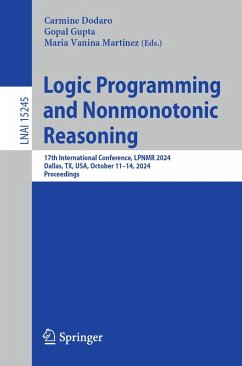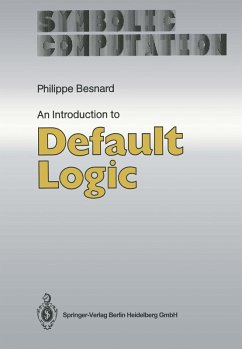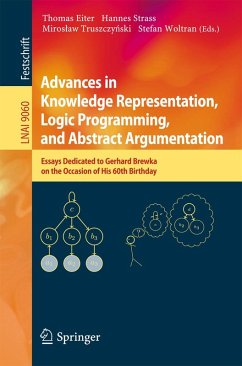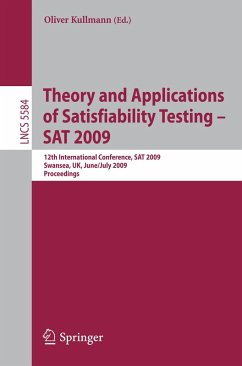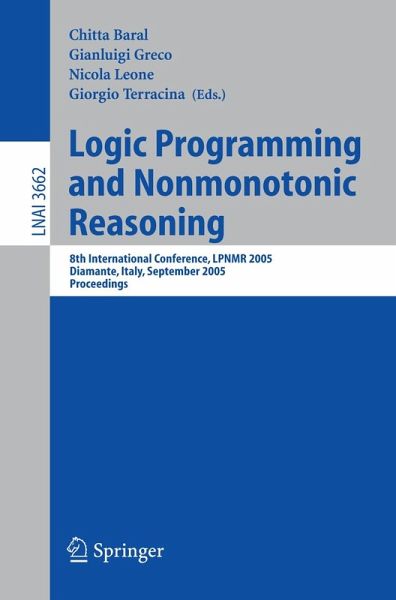
Logic Programming and Nonmonotonic Reasoning (eBook, PDF)
8th International Conference, LPNMR 2005, Diamante, Italy, September 5-8, 2005, Proceedings
Redaktion: Baral, Chitta; Terracina, Giorgio; Leone, Nicola; Greco, Gianluigi
Versandkostenfrei!
Sofort per Download lieferbar
40,95 €
inkl. MwSt.
Weitere Ausgaben:

PAYBACK Punkte
20 °P sammeln!
Logic Programming and Nonmonotonic Reasoning (eBook, PDF)
Dieser Download kann aus rechtlichen Gründen nur mit Rechnungsadresse in A, B, BG, CY, CZ, D, DK, EW, E, FIN, F, GR, HR, H, IRL, I, LT, L, LR, M, NL, PL, P, R, S, SLO, SK ausgeliefert werden.




